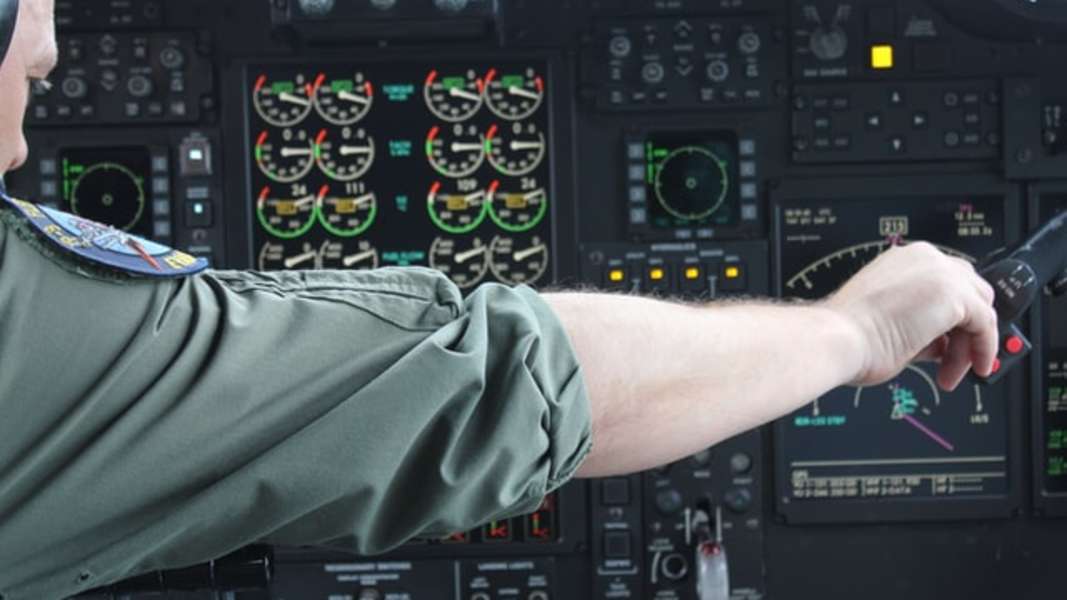What is a pilot aptitude test?
A pilot aptitude test assesses a specific set of skills needed to be a safe, effective pilot. These include long-term memory, recall ability, hand-to-eye coordination, spatial awareness, reaction time, data analysis and pattern recognition. Flight schools use them mainly for cadet recruitment.
For qualified pilots with hundreds of flying hours, it is assumed that they will have the natural aptitude to move forward through the application process.
Major airlines may have their own aptitude tests, but the main publishers used in the tests are Cut-e, PILAPT, Compass and Talent Q. In every case, you can expect to face questions on numerical, verbal and mechanical reasoning, as well as personality tests and psychomotor assessments.
What makes pilot aptitude tests hard?
A pilot aptitude test, like other psychometric tests, is designed to be challenging. Structured as a puzzle that needs to be solved rather than a traditional ‘exam’, the questions are designed to push candidates.
Alongside the difficulty of the posed questions, the short time limits mean candidates must perform under intense pressure – another skill that is important for pilots.
Part of the reason why pilot aptitude tests are so hard is because they effectively decide whether a candidate is suitable for training. A high score is needed to even be considered for a cadet programme.
Training to become a pilot is expensive. If you are considering this as a career path, it could cost £40,000 to £120,000 just to train.
Scoring highly on the aptitude tests could help you receive subsidised training, reducing your out-of-pocket expenses and making the dream of flying more attainable.
What skills do pilot tests evaluate?
To become a pilot, you need to have considerable interpersonal skills, as well as mechanical knowledge. Being able to make quick decisions based on available data – and often under pressure while performing other tasks – are core proficiencies for a successful pilot.
The pilot aptitude tests are not about what you have learned, but rather how you apply your inherent knowledge.
Cognitive skills
The way you approach a problem, to understand the information given, analyse it, and use logic to find an answer, are all assessed via cognitive skills, as detailed below.
Numerical reasoning
In numerical reasoning tests, you are assessed on your ability to understand and interpret data to produce an answer to a question. This might be presented as a graph, table or chart, or it could be a mathematical word problem.
Other than a basic knowledge of mathematical functions, no previous knowledge is needed – the data provided gives you enough to find the correct answer.
Verbal reasoning
In verbal reasoning tests, you are presented with a passage of information, and then asked questions about it. Answers are provided in the text, so the subject matter is not important.
Success in verbal reasoning assessments requires careful consideration of the given information – quickly reading and understanding, and then analysing to find the answers.
Spatial awareness
Pilots need to have a good awareness of the things that are around them, and your understanding of the relationship between objects is what the spatial reasoning test is for.
Questions are based on patterns and shapes, spotting the odd one out or predicting the next pattern in a sequence.
You may also be assessed through a 3D pursuit game, and your memory will be tested too.









